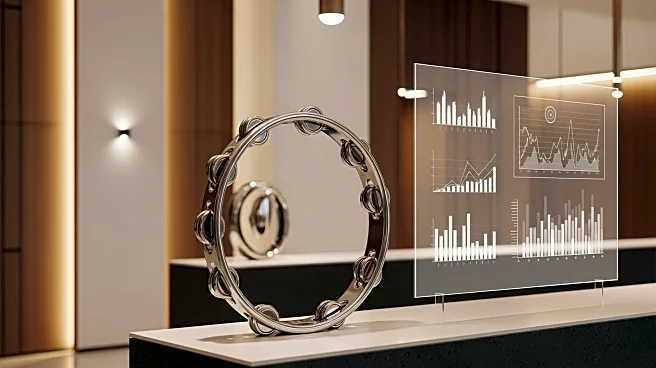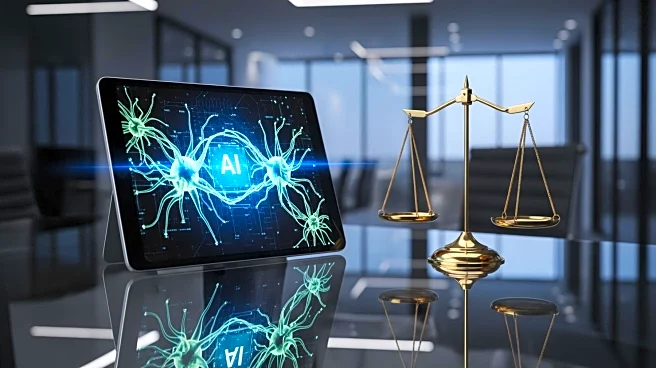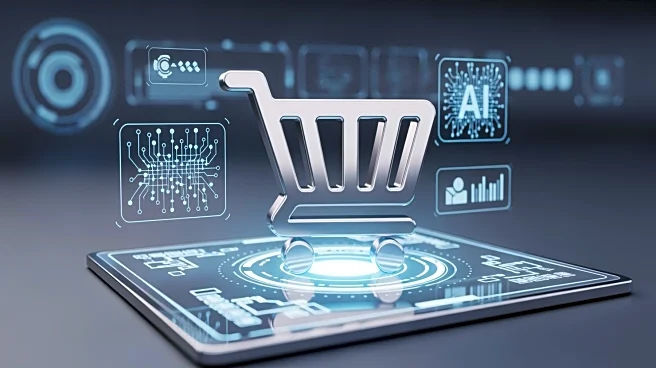Rapid Read • 8 min read
Industry 5.0 is emerging as a response to the limitations of Industry 4.0, which has been primarily focused on technology-driven productivity and efficiency in manufacturing. Industry 4.0 involves the integration of Industrial Internet of Things (IIoT) connectivity, machine learning, and data-driven process improvements. However, critics argue that this focus has led to worker burnout and disengagement due to rigid systems lacking flexibility and creativity. Sarah Tilkens, a former GE Healthcare lean expert, advocates for Industry 5.0, emphasizing human-led innovation. She believes that the new approach should prioritize the role of people in driving creative and flexible processes, countering the burnout associated with the previous industrial paradigm.
AD
The shift towards Industry 5.0 is significant as it addresses the human element in manufacturing, which has been overshadowed by technological advancements. By focusing on human-centric innovation, Industry 5.0 aims to enhance worker engagement and creativity, potentially leading to more sustainable and adaptable manufacturing processes. This approach could benefit U.S. industries by fostering a more motivated workforce, improving job satisfaction, and driving innovation. Companies that embrace Industry 5.0 may gain a competitive edge by balancing technology with human input, leading to improved operational excellence and productivity.
As Industry 5.0 gains traction, manufacturing companies may begin to integrate human-centric strategies into their operations. This could involve retraining workers to adapt to new roles that emphasize creativity and innovation. Industry leaders and policymakers might also explore frameworks to support this transition, ensuring that technological advancements complement human capabilities. The adoption of Industry 5.0 principles could lead to a reevaluation of workforce management practices, encouraging collaboration between technology and human resources.
The move towards Industry 5.0 could have broader implications for workplace culture and ethics. By prioritizing human-led innovation, companies may need to reassess their values and practices, fostering environments that support employee well-being and creativity. This shift could also influence educational programs, prompting institutions to focus on skills that blend technology with human creativity. Long-term, Industry 5.0 might redefine the relationship between humans and machines, promoting a more harmonious coexistence in the workplace.
AD
More Stories You Might Enjoy










